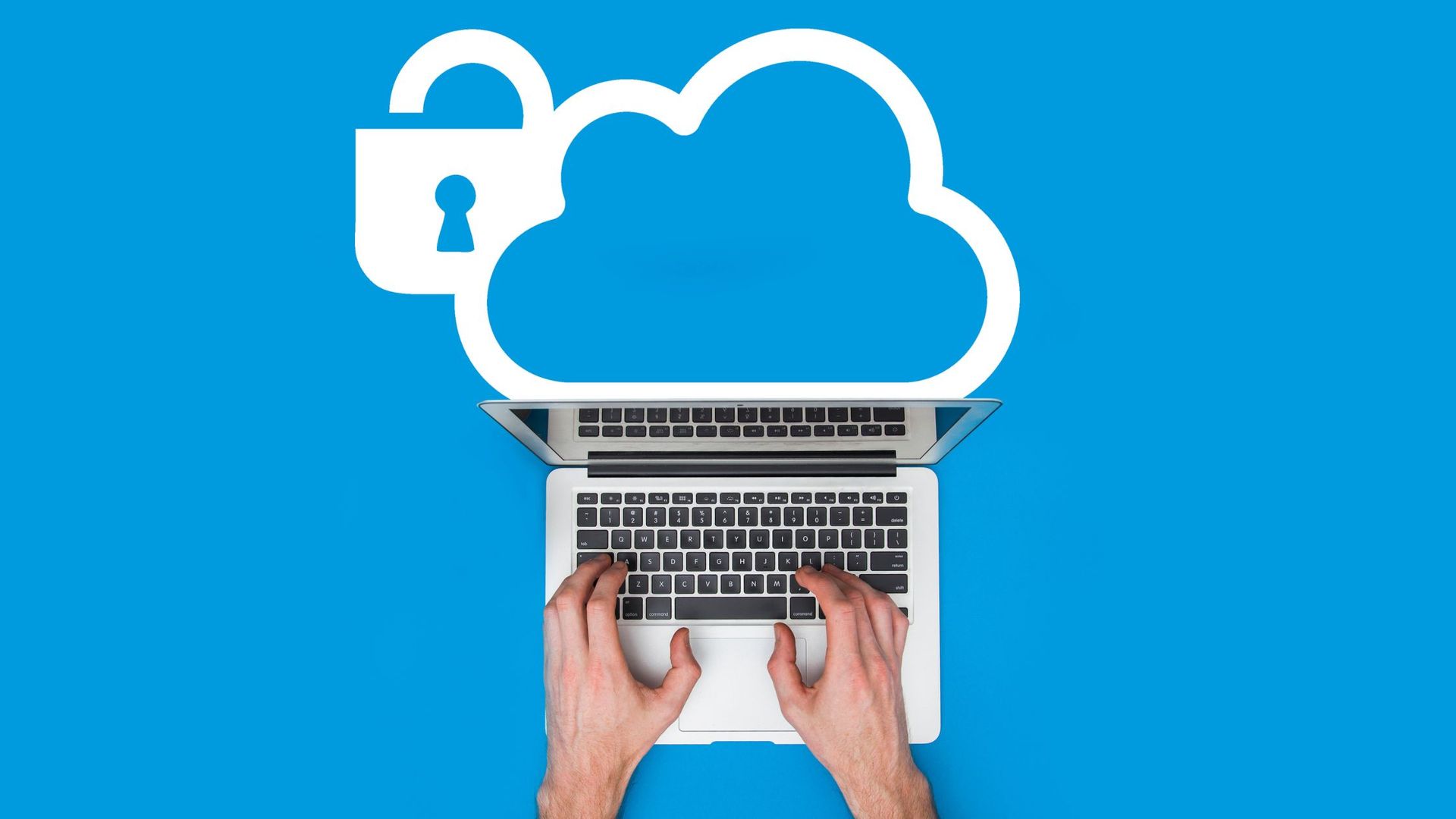Understanding the Differences Between VoIP and VoWiFi
Essex County, navigating the world of communication technology can feel daunting, especially when acronyms like VoIP and VoWiFi get thrown around. While both offer exciting possibilities, it's crucial to understand their differences before making a choice. Let's dive into the world of voice calls and unlock the secrets behind these terms.
VoIP: The Versatile Voice Traveler
Imagine making crystal-clear calls using your internet connection instead of traditional phone lines. That's the magic of Voice over Internet Protocol (VoIP). It transforms your voice into digital data packets, sending them over the internet, and converts them back into sound at the other end. Think of it like translating your voice for a digital journey!
Key Features of VoIP:
- Cost-effective: Ditch expensive phone lines and enjoy lower calling rates, especially internationally.
- Flexibility: Make and receive calls from anywhere with an internet connection, freeing you from desk phones.
- Advanced Features: Enjoy voicemail, video conferencing, and call recording, unavailable with traditional lines.
- Scalability: Easily add or remove lines and features as your needs evolve.
VoWiFi: When Wi-Fi Becomes Your Calling Companion
Think of VoWiFi (Voice over WiFi) as a specific kind of VoIP. But instead of using any internet connection, it utilizes Wi-Fi networks to carry your voice calls. Imagine bypassing cellular networks and leveraging the convenience and potentially faster speeds of Wi-Fi for your calls.
Key Features of VoWiFi:
- Crystal-clear calls: Enjoy better call quality in areas with strong Wi-Fi signal.
- Battery saver: Reduce battery drain by using Wi-Fi instead of cellular networks for calls.
- Cost-effective: Avoid roaming charges when using Wi-Fi abroad with supported providers.
- Seamless transition: Calls automatically switch between Wi-Fi and cellular networks for uninterrupted conversations.
So, What's the Difference?
Think of it like this: VoIP is a broader term encompassing different ways to make calls over the internet, while VoWiFi is a specific type of VoIP that uses Wi-Fi networks.
Choosing the Right Option:
- Frequency of Wi-Fi access:
If you have consistent access to strong Wi-Fi networks, VoWiFi could be a great choice for improved call quality and potential cost savings.
- Travel and roaming charges:
If you travel frequently, VoWiFi can help you avoid roaming charges when connected to Wi-Fi abroad.
- Device compatibility:
Ensure your device supports VoWiFi and your carrier offers the service.

Essex County, both VoIP and VoWiFi offer advantages over traditional phone lines. Understanding their differences and your specific needs will help you choose the optimal communication solution for your personal or business requirements. Happy exploring the world of voice communication!



